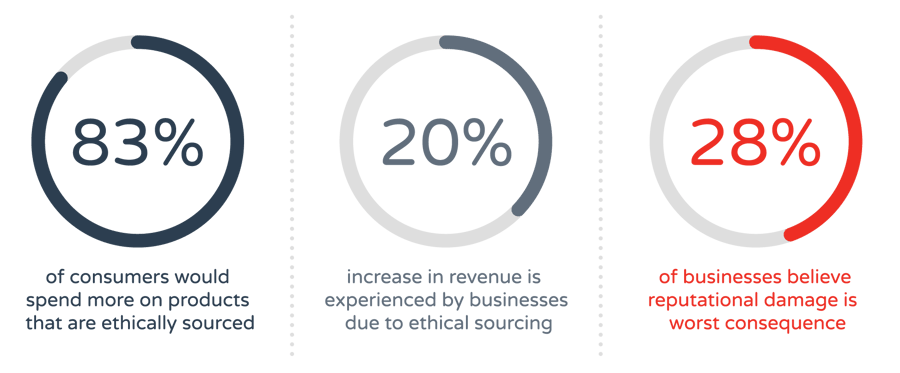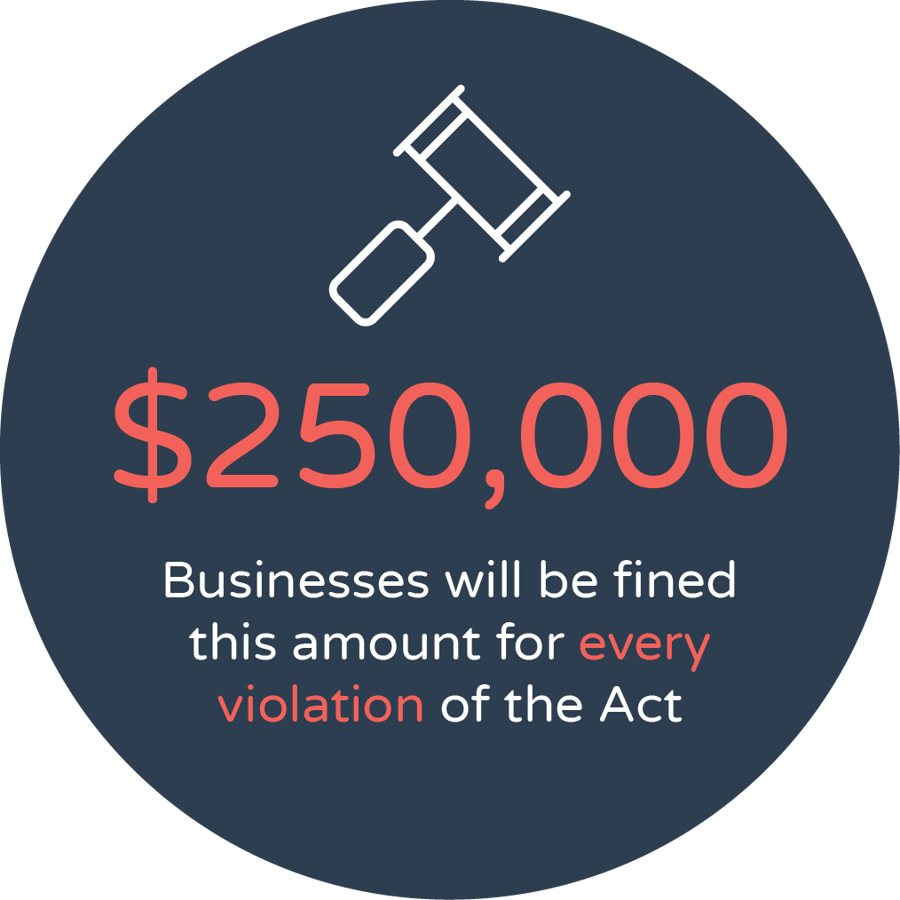On May 11, 2023, the Parliament of Canada passed Bill S-211, also known as the Fighting Against Forced Labor and Child Labor in Supply Chains Act. The Act will have a direct impact on your business if you use international suppliers to produce your goods.
We know that legislation can be full of legal jargon and can sometimes be difficult to understand. So, we’ve outlined key details about the legislation, including what companies the Act applies to, when it will come into force, specific requirements under the Act and more.



